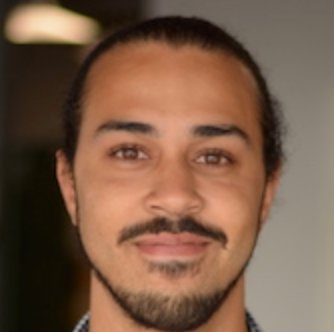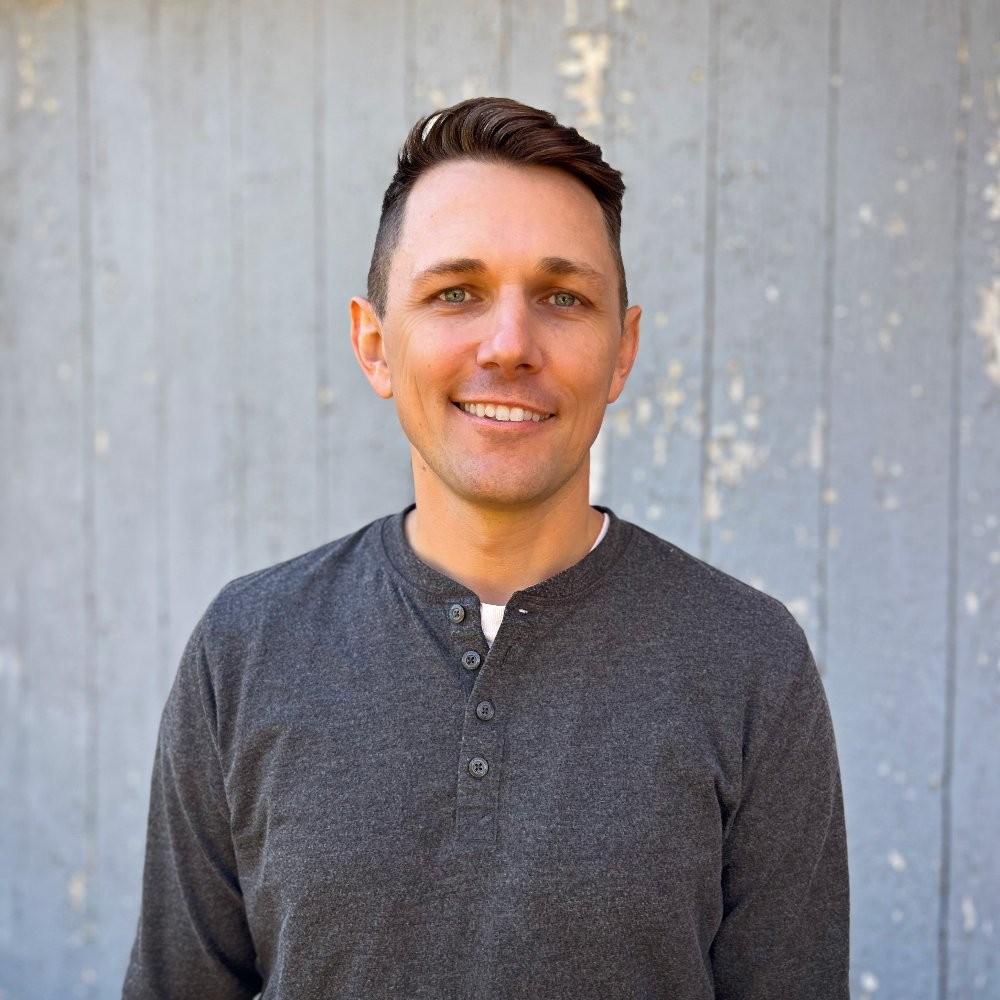The concept of spontaneous generation, the idea that living organisms can arise from non-living matter, has been a subject of scientific inquiry for centuries. The timeline of key scientists who contributed to this debate highlights significant experiments that shaped our understanding of biogenesis, the principle that life arises from pre-existing life.
Francesco Redi, an Italian scientist in the 1600s, was the first to challenge spontaneous generation. Through his experiments, he demonstrated that maggots and fly eggs do not arise spontaneously from decaying meat, but rather come from adult flies. This marked a pivotal moment in the shift towards biogenesis.
In the 1700s, John Needham, an English scientist, attempted to support spontaneous generation by claiming that microbial growth could arise spontaneously. However, his experimental design was flawed, leading to misleading results. Lazaro Spallanzani later identified these flaws and improved upon Needham's methods. By sealing flasks and extending boiling times, Spallanzani showed that microbial growth did not occur without contamination, further supporting the idea of biogenesis.
Despite Spallanzani's findings, some scientists remained skeptical, believing that a vital force from the air was necessary for spontaneous generation. Louis Pasteur addressed this skepticism in the 19th century by inventing the swan neck flask. This design allowed air to enter while trapping dust and microbes in the bend of the flask. Pasteur's experiments consistently showed no microbial growth, reinforcing the concept of biogenesis.
However, some researchers still observed microbial growth in their attempts to replicate Pasteur's results. John Tyndall provided clarity by demonstrating the existence of heat-resistant microbes, such as endospores, which could survive boiling and contaminate experiments. Tyndall's work supported Pasteur's conclusions and ultimately led to the widespread acceptance of biogenesis over spontaneous generation.
This historical overview illustrates the evolution of scientific thought regarding the origins of life, culminating in the rejection of spontaneous generation in favor of biogenesis, a foundational concept in biology.


